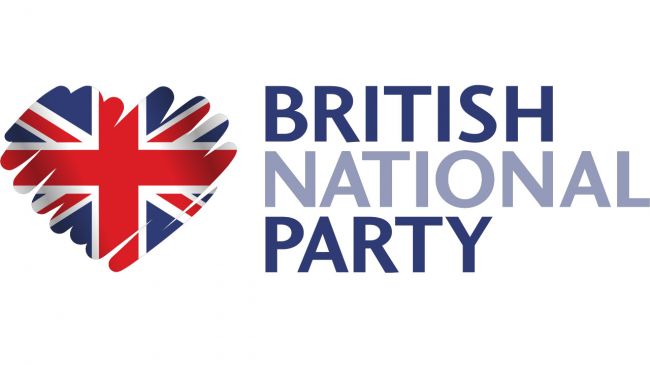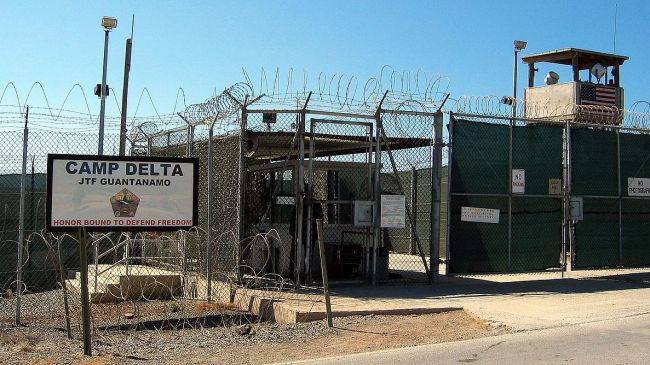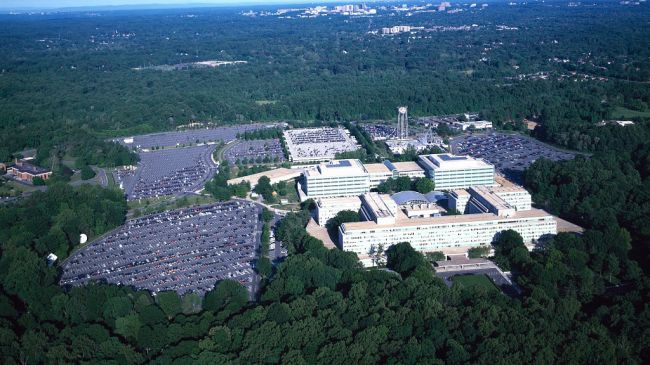In 2008, a list of members of the extreme right-wing British National Party was leaked online, and while the original list was eventually taken down, copies of it were posted on sites like WikiLeaks.
The list included a number of prominent figures, including a police officer, several teachers, and more.
“Typically, the information leaks from the government tend to be sensitive in nature because of the personal information of citizens hosted,” said Pierre Roberge, chairman of private cyber defense company ARC4DIA.
The BNP is characterized as being far-right, and it promotes biological racism, calls for racial separation, and opposes non-white migration to the UK. For these reasons, you can imagine why a list like this out in the wild would cause issues for members of the party.
















